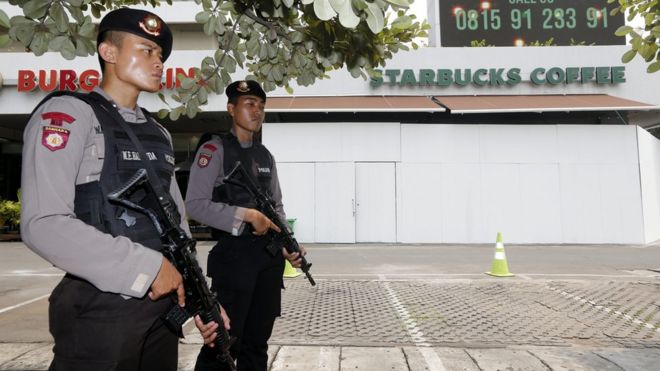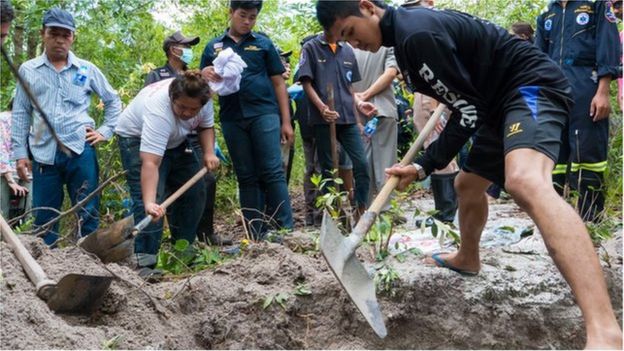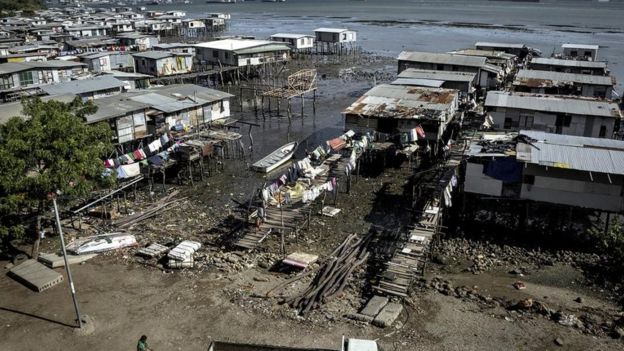By Samuel Miller
Impunity Watch Desk Reporter, North America and Oceania
CANBERRA, Australia — The Australian High Court on Wednesday dismissed a claim that detention of asylum seekers offshore on Nauru violated the Australian constitution, and upheld its policy to hold refugees at processing centers on the island. In a decision announced in Canberra, the court found the Commonwealth’s conduct was authorized by law and by Section 61 of the Constitution.

The ruling paves the way for more than 250 people, including 37 babies, to be deported to a detention camp on the island.
The plaintiff in the case, a Bangladeshi woman identified only as M68, entered Australia seeking asylum and was classified as an unauthorized maritime arrival before being sent to Nauru. She was returned to Australia due to medical problems, where she gave birth to a child and filed the case to avoid being taken back to Nauru.
But Australia’s High Court ruled that the woman’s detention on Nauru was not unlawful as it had been authorized under Australian migration laws, and that the offshore processing deal with Nauru was valid under the constitution. The Guardian reported that six out of seven judges ruled in the favor of holding the refugees in the offshore processing centers, and ruled that the Australian government detaining the woman was authorized by law.
Chief Justice Robert French wrote, “The detention in custody of an alien, for the purpose of their removal from Australia, did not infringe upon the Constitution because the authority, limited to that purpose, was neither punitive in character nor part of the judicial power of the Commonwealth.”
The detention center on Nauru houses about 500 people and has been widely criticized by the United Nations and human rights agencies for harsh conditions and reports of systemic child abuse.
Daniel Webb, director of legal advocacy at the Human Rights Law Center, decried the judgment of the court.
“It is fundamentally wrong to condemn these people to a life in limbo on a tiny island. The stroke of a pen is all that it would take our prime minister or our immigration minister to do the decent thing and let these families stay,” said Webb.
The United Nations Children’s Fund condemned the decision and said, according to the International Business Times, that the ruling “has no bearing on Australia’s moral responsibility or its obligations to protect the rights of children in accordance with international human rights law. It is unreasonable for the Australian government to shift responsibility for this group of children and families with complex needs to a developing state in the region.”
Prime Minister Malcolm Turnbull defended the ruling, saying, “Our commitment today is simply this: the people smugglers will not prevail over our sovereignty. Our borders are secure. The line has to be drawn somewhere and it is drawn at our border.”
Children born in Australia to non-citizens or parents without legal residency are not entitled to citizenship until after their 10th birthday, and then only if they have lived most of their lives in Australia.
The government has given undertakings that it will give at least 72 hours’ notice before removing any of the asylum seekers involved in the case from Australia.
For more information, please see:
BBC News — Australia’s offshore asylum policy ruled legal by High Court – 3 February 2016
DW — Asylum seeker ruling ‘clears way for deportation of Australia-born babies’ – 3 February 2016
Times of India — Court rules Australia can send asylum seekers to Nauru – 3 February 2016
Reuters — Australian asylum ruling paves way for deportation of infants – 2 February 2016



